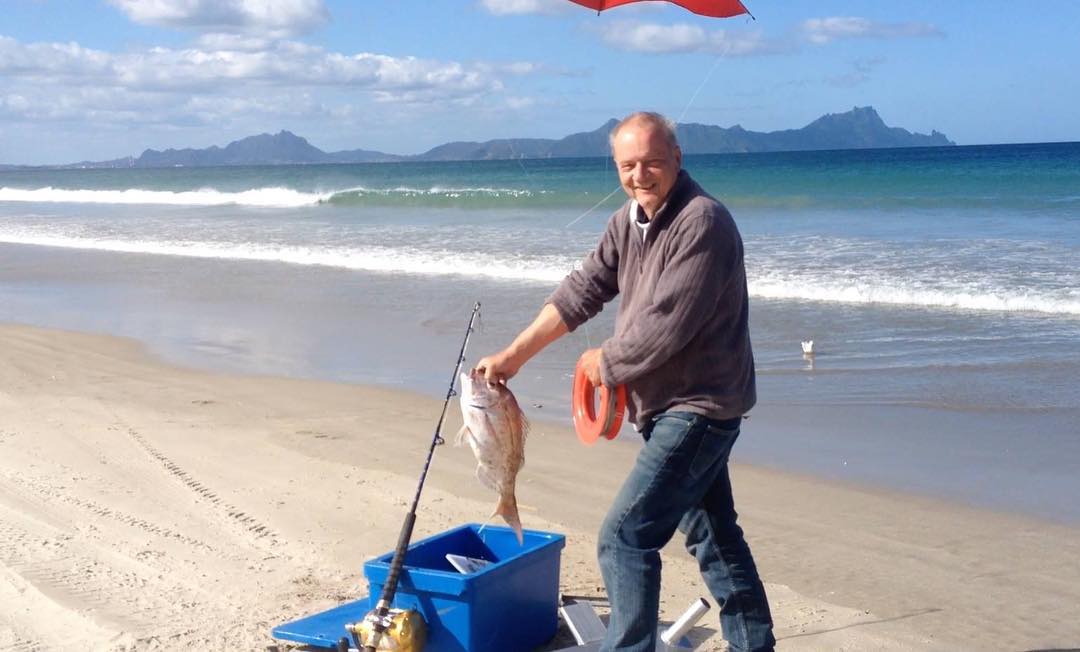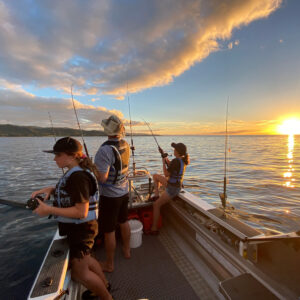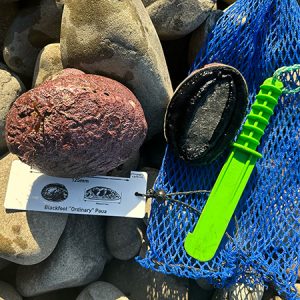It’s 22 years since the government came out of hiding and into the public arena to snatch our fishing rights and interests. Thankfully there were a handful of people alert to the threats and two of them tower above them all, Paul Barnes and Bill Cooke.

Paul and Bill were men of insight and principles. Both have passed away in the past 18 months, yet their legacy lives on. We are all still free to fish and feed our families with a reasonable daily catch.
The Soundings proposals in 2000 were the first of many attempts by officials to roll the public into the broken Quota Management System. Success for the officials would have meant condemning future generations to paying a licence while only having access to the leftovers after commercial fishers had taken their fill.
And that’s not all. While fisheries officials were busy boldly going where none had dared, the Department of Conservation was lurking in the shadows shovelling money towards any group that wanted a marine reserve. Bitter wrangles followed and the damage caused took many years to heal.
Neither the Fisheries nor DoC officials stopped to analyse why there was such a clamour by the community for marine protection.
The laissez-faire, hands off approach to fisheries management over decades had devastated our inshore marine environment. The benthic environment (seabed) had been ravaged by a century of bottom trawling and dredging. Productivity was down and fewer fish were coming inshore because there was not much to eat and most of the foul ground had been flattened.
More recently people have, as a last resort, looked to the Environment Court and Resource Management Act for fisheries controls that ought to be dealt with under the Fisheries Act and by fisheries officials.
For many people the marine environment can only be protected by locking up an area and stopping all fishing within defined boundaries, with no fisheries management intervention. Paul and Bill had a broader vision to benefit a greater number of people.
Their solutions included maintaining public access to popular fishing areas, more effective management including public input, and lower catch limits to rebuild depleted fish numbers right around the coast so the marine environment could thrive.
The strength of LegaSea now reflects the many thousands of volunteer hours that Paul and Bill contributed over the past four decades. And best of all, between Paul and Bill they managed to inspire a generation of advocates to continue their work.
Their legacy will live on because now we have a whole team dedicated to ensuring our fish stocks are managed to higher levels so our kids and their kids can enjoy a healthy marine environment, restored abundance and a fair go. Rest in peace Paul and Bill – we salute you.





